Search Results
Showing results 41 to 60 of 87
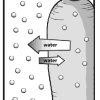
Bend a Carrot
Source Institutions
In this activity, learners investigate the process of osmosis by adding salt to a sealed bag of raw carrots and comparing it to a control.

A Crayon Rock Cycle- Metamorphic
Source Institutions
This is part 2 of the three-part "Crayon Rock Cycle" activity and must be done after part 1: Sedimentary Rocks. In this activity, learners explore how metamorphic rocks form.

Solubility Test
Source Institutions
In this activity, learners apply a dissolving test to known crystals to identify the unknown. Since the unknown is chemically the same as one of the known crystals, it should dissolve similarly.
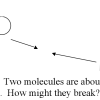
Heat Speeds Up Reactions
Source Institutions
In this activity, learners investigate the effect of heat on a reaction.
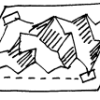
Drain Game
Source Institutions
In this activity (on pages 36-39), learners make a model of a watershed out of paper, then run water down the mountain to simulate how rainfall and pollution affect watersheds.
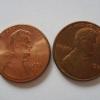
Polishing Pennies
Source Institutions
In this experiment, learners try different liquids to see which ones clean pennies best. Liquids to try include water, lemon juice, cola, vinegar, and dishwashing detergent.
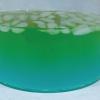
Ocean Currents
Source Institutions
In this activity, learners will explore how density is affected by temperature and how that can create currents.
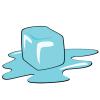
Ice Melt
Source Institutions
In this activity, learners will explore basic information about thermodynamics by experimenting with ice. Learners will compare ice melting rates on metal pans or plastic cutting boards.
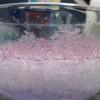
Salt Crystal Garden
Source Institutions
In this activity, learners will explore saturated solutions and discover how crystals form.
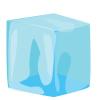
Ice Tower Excavation
Source Institutions
In this activity, learners will pretend to be archaeologist using this chilling experience.

Wax 'n Wash
Source Institutions
In this activity, learners create secret messages using a candle. Learners discover that watercolor paint is attracted to some materials, like paper fibers, but not others, like oil.
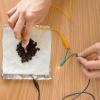
Aluminum-Air Battery: Foiled again!
Source Institutions
Construct a simple battery that's able to power a small light or motor out of foil, salt water, and charcoal. A helpful video, produced by the Exploratorium, guides you along on this activity.
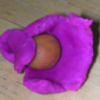
Atoms and Matter (K-2)
Source Institutions
In this activity, learners explore atoms as the smallest building blocks of matter. With adult help, learners start by dividing play dough in half, over and over again.
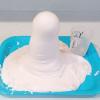
DIY Elephant Toothpaste
Source Institutions
In this activity, learners will experiment with catalysts to create an at-home version of elephant toothpaste.
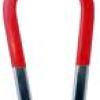
Dangling Magnet
Source Institutions
In this activity about magnetism (page 13 of the pdf), learners will experiment with magnets to explore how water and other liquids affect the strength of magnetic fields.
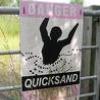
COSI Quicksand
Source Institutions
In this chemistry experiment, learners get to make a very bizarre substance using corn starch and water. Is it a solid? Is it a liquid? Or is it a different kind of substance entirely?
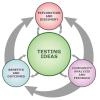
Exploring Liquids
Source Institutions
Young learners investigate and observe the properties of three liquids -- water, vegetable oil, and corn syrup. They use their senses to collect data and ask and answer questions.
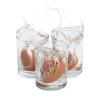
Egg Drop Trick
Source Institutions
In this activity, learners explore the real science behind an egg drop "magic trick." Learners will wow their families by harnessing gravity, friction and motion to make 3 eggs fall off of their pedes
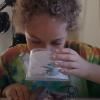
Waterscope Wonders
Source Institutions
In this activity, learners will create a magnifying glass called a waterscope, using water and household items, to examine various objects.
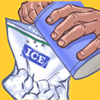
Scream for Ice Cream
Source Institutions
Don't scream for ice cream -- make it with milk, sugar, flavoring and some 'salt-water' ice. Discover the chemistry of ice cream by creating your own.
